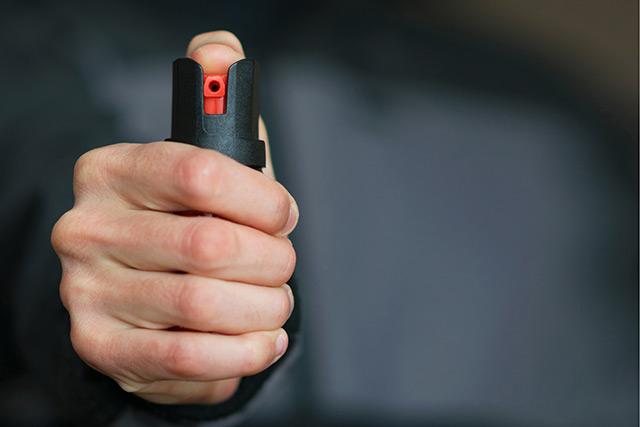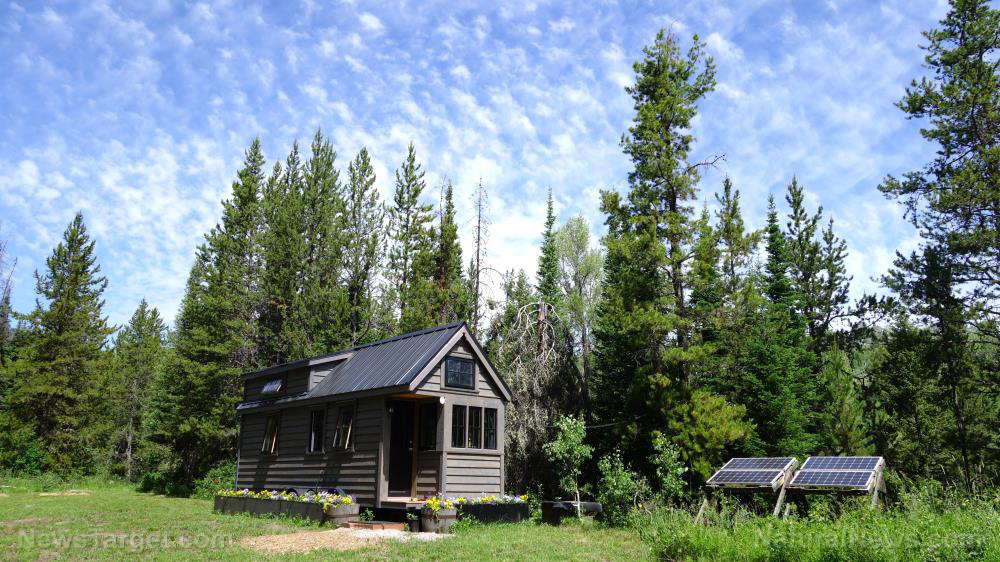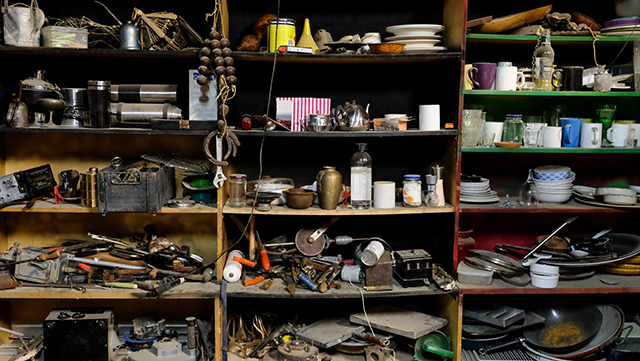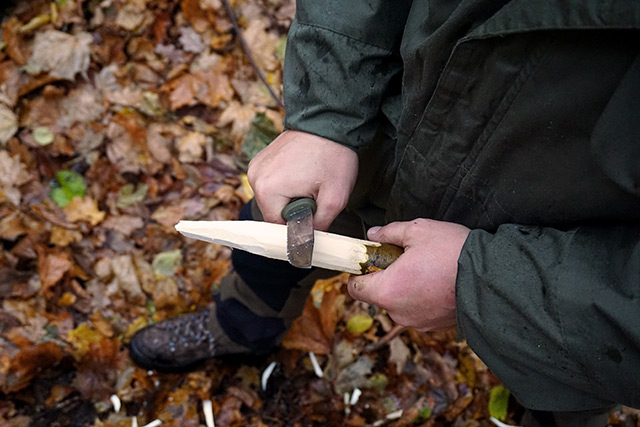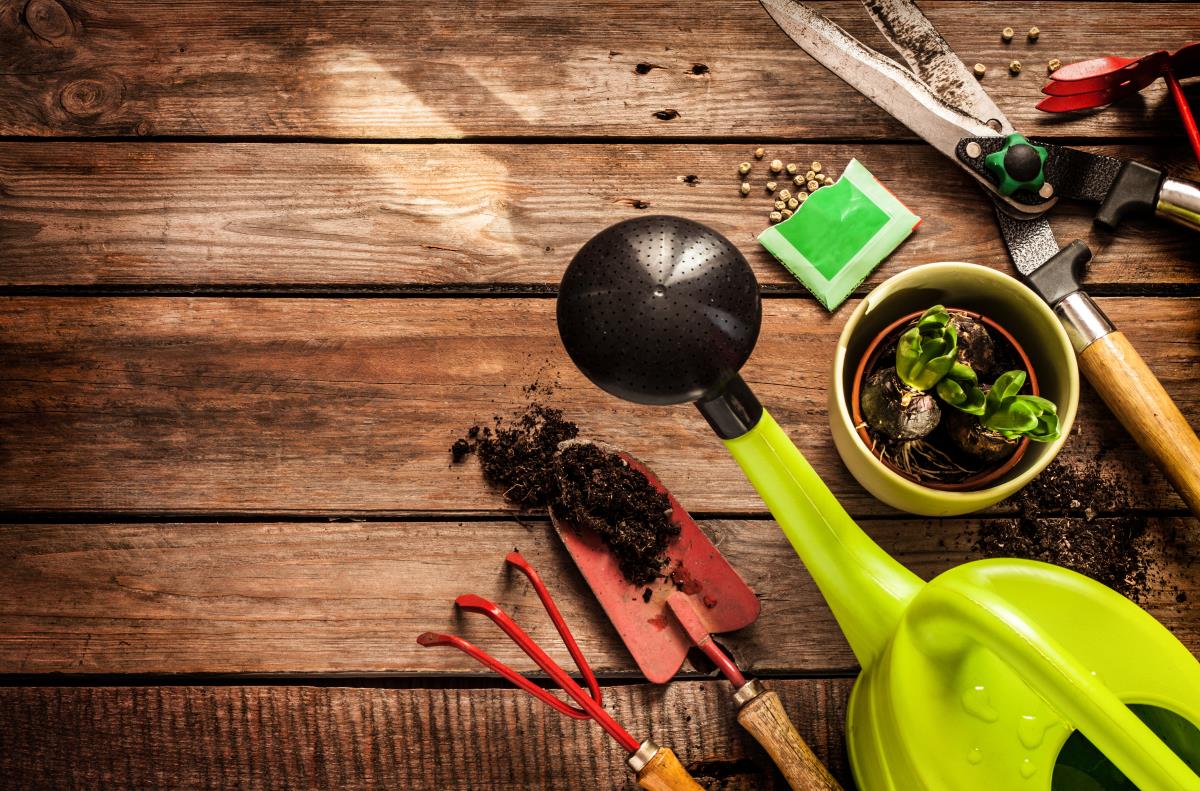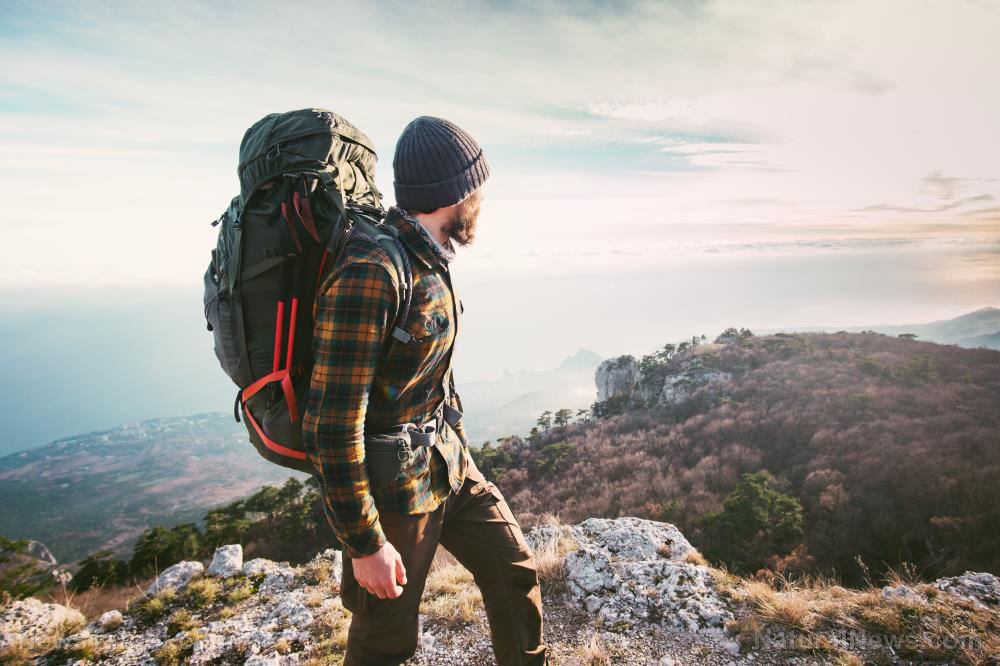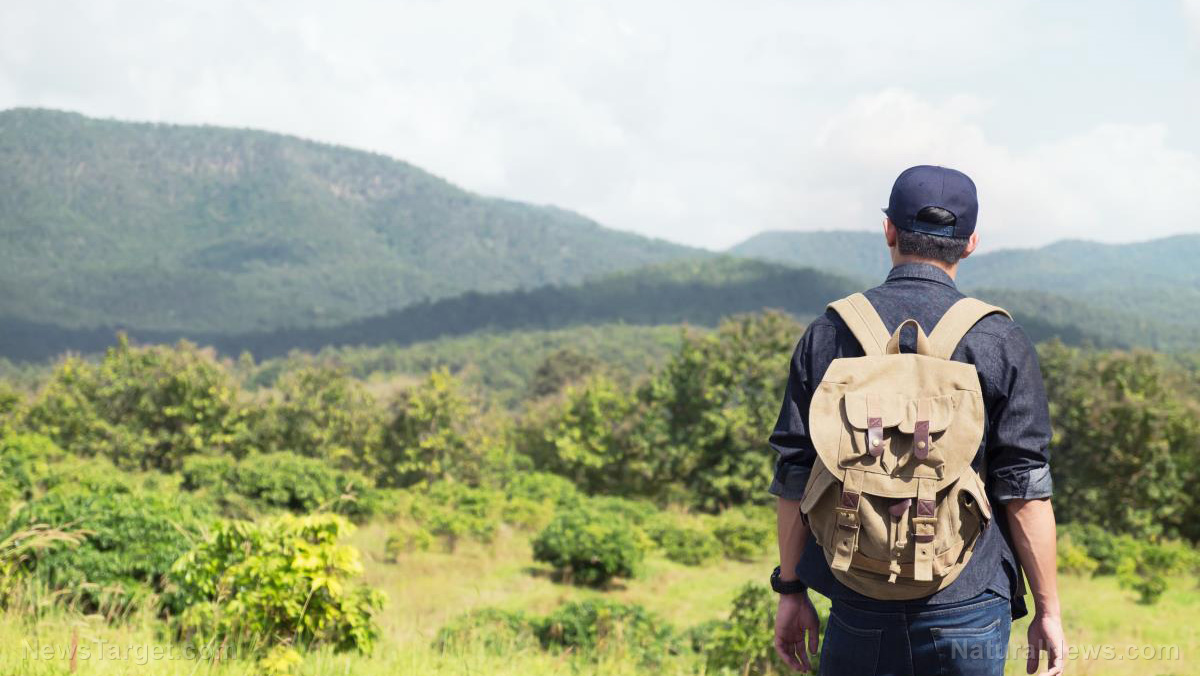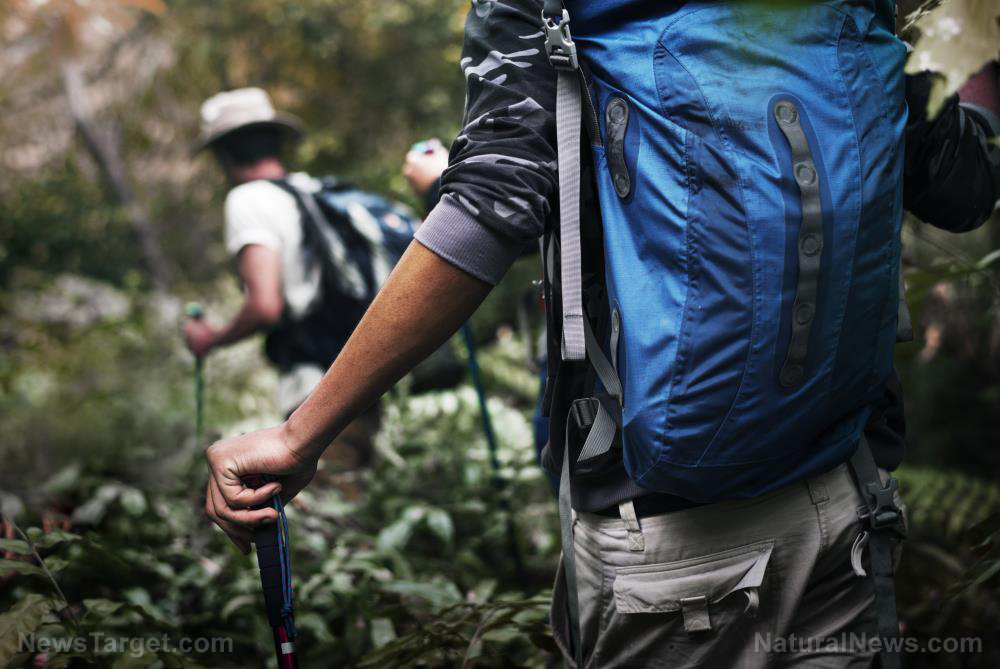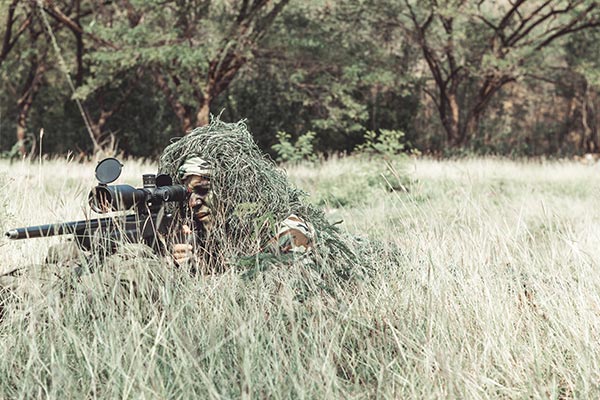How to survive in the wild without your bug-out bag
11/13/2019 / By Zoey Sky

Being a prepper means getting ready before SHTF. If things go from bad to worse and you lose your fully-equipped bug-out bag (BOB), you can get through a disaster using your survival skills. (h/t to UrbanSurvivalSite.com)
Strengthen your will to survive
It’s important to have survival skills, but when disaster strikes, your determination can also help you make it through a difficult scenario. Practice how to use your gear, but don’t forget to practice your two most important tools: your mind and body.
Finalize your backup plan
After you finish preparing your BOB, develop a realistic backup plan. Consider your survival skills and prep a backup survival kit or “body survival kit.”
As its name implies, your body survival kit must be concealed on your person. It should also contain crucial tools for your survival in case your BOB is lost or stolen.
Keep a folding knife in one pocket and your body survival kit in the other. Your smaller kit can include useful items such as:
- Cotton balls soaked in Vaseline
- Ferro rod
- Lighter
- Waterproof or windproof matches
Use a small plastic bag to keep your firestarting tools dry inside the kit.
Find the right bug-out location
When selecting a survival hideout, decide on a location that will help you survive for at least a week. Go somewhere higher up and with a good vantage point. Choose a place with multiple escape routes so you can safely exit the area if the location is discovered.
Ideal locations should be near a body of water with common plants that you can forage. Your chosen spot should also have animals that you can hunt for food like deer and rabbits.
Sponsored: NEW Biostructured Silver First Aid Gel created by the Health Ranger combines three types of silver (ionic silver, colloidal silver, biostructured silver) with seven potent botanicals (rosemary, oregano, cinnamon and more) to create a breakthrough first aid silver gel. Over 50 ppm silver, verified via ICP-MS lab analysis. Made from 100% Texas rain water and 70% solar power. Zero chemical preservatives, fragrances or emulsifiers. See full details here.
Build a shelter
After you decide on a secure location, build a shelter so you can stay warm and dry. Save your energy by looking for natural shelters like a cave or a rock overhang.
When improvising, build something sturdy, keep it hidden, and make it waterproof.
Find water
You need to stay hydrated when SHTF. Look for low lying areas like canyons or gullies with small creeks leading to them.
Leaf-bearing trees in the area need more water to survive. You can also look for more insects in a particular area because they can point you to a small pond nearby.
If you’re stuck in a dry area, look for water holes that may hide pockets of water. (Related: 10 Survival skills everyone needs to know.)
Forage or hunt for food
Foraging is a crucial skill and knowing what plants to avoid will prevent food poisoning or death when SHTF. Practice identifying common edible plants in your area like berries, broadleaf plantain, and cattail.
Use your knife to make a spear for hunting or fishing if you’re in an area with a body of water.
Start a fire
A steady fire will keep you warm and help you boil water, cook food, and keep away wild animals. If you’re hiding from someone, start a smaller fire so you can stay hidden.
Hone your skills
Practice your current skills and learn new ones whenever you have the time. During the weekend, take your body survival kit and BOB then drive to a remote location to practice your backup plan.
Where will you go? Can you find water and food in your bug-out location?
Prepare a backup for your backup and hide a survival cache with gear and supplies that you may need if you need to bug out. This way, if you’re left with just your body survival kit, you can replace the stolen gear.
Review your practice bug out and make changes to your plan to make it foolproof so you can survive when SHTF.
Sources include:
Tagged Under: body survival kit, bug out, bugout bag, bugout shelter, disaster, fire, foraging, how-to, hydration, off grid, preparedness, prepping, self sufficiency, self-reliance, SHTF, survival, survival gear, survivalist, water, water supply, wilderness
RECENT NEWS & ARTICLES
COPYRIGHT © 2017 · SURVIVAL NEWS


